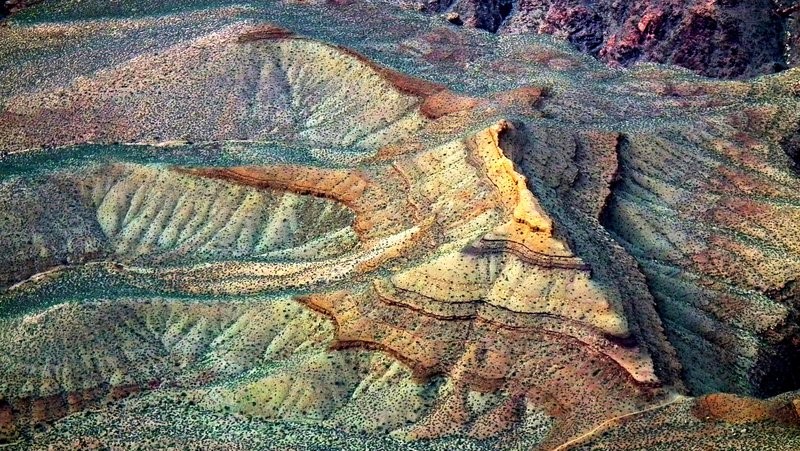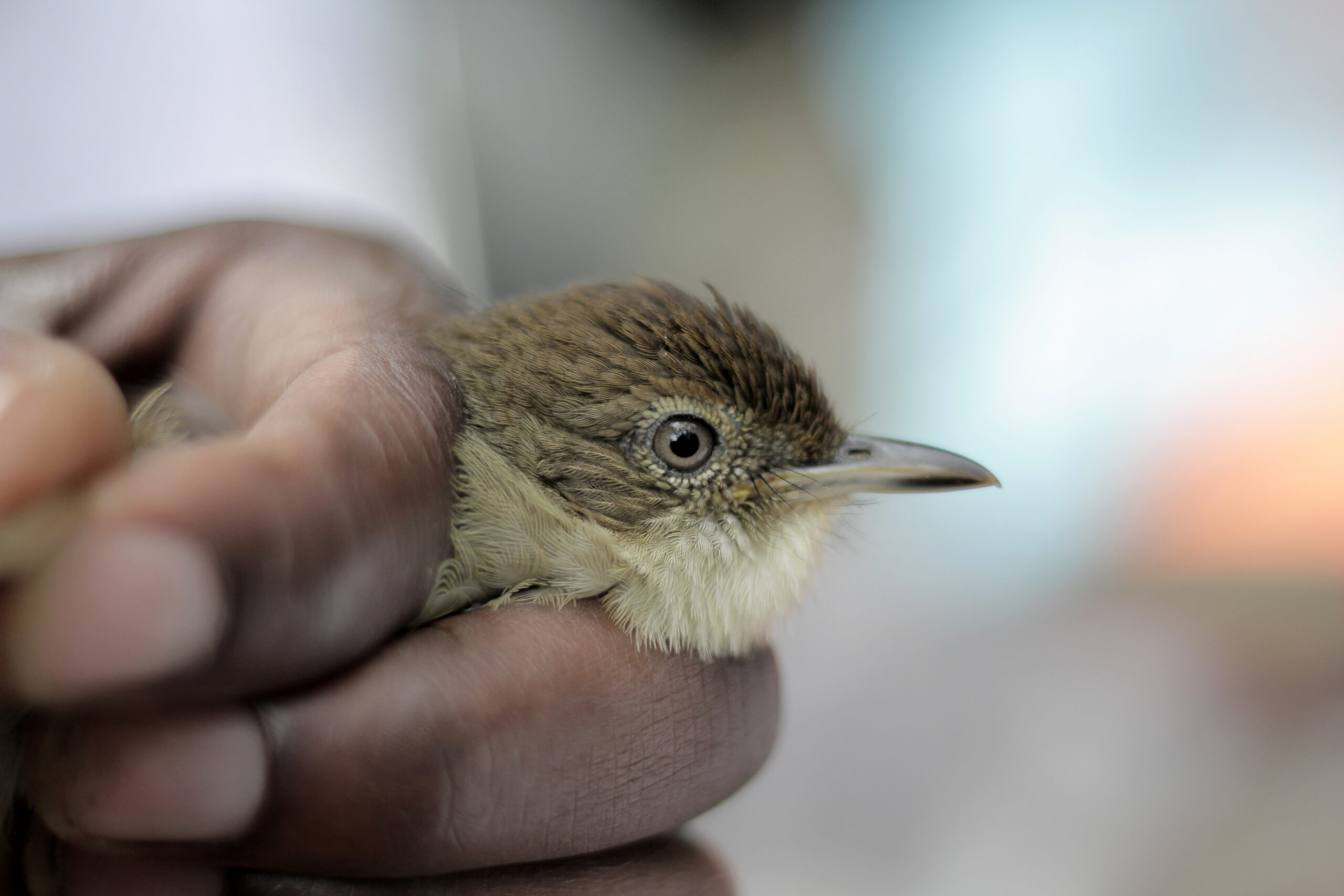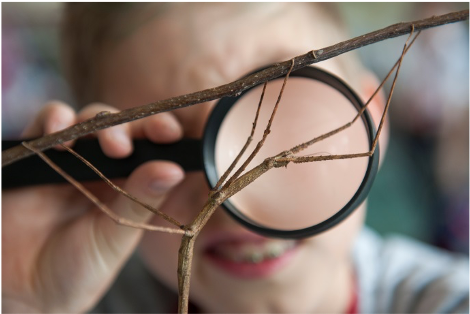The research of the Department “Environment & Biodiversity” is focused on finding solutions to the current climate crisis that can be integrated into social and political decision-making processes. A central role is played by the analysis of abiotic processes, such as the formation of mountains, historical and current changes in the environment and the analysis of material flows on the Earth’s surface. We investigate anthropogenic influences on landscapes, on organisms, and on the interactions between plants and animals. In addition to the analysis of ecosystems, species and populations, we also investigate potential intraspecific effects such as environmental stress on plants and the influence of anthropogenic changes and stressors on the behaviour and physiology of animals. Some of our research addresses such classical basic research questions as the evolutionary biology and biosystematics of plants, animals, and protists. In addition, we also pursue landscape ecology and urban ecology, as well as application-oriented research approaches. Therefore, research on communicating scientific knowledge also represents an essential component of this department. Another research direction is empirical research on teaching and learning processes in schools and universities, such as the professional competences of teachers.
Division Geology and Physical Geography
Geology and Physical Geography
Geology, Geomorphology, Climate and Environmental Dynamics, Urban & Landscape Ecology.

Division Botany
Botany
Ecology of Plants, Evolution & Systematics of Plants, Physiology of Plants.

Division Zoology
Zoology
Community Ecology & Biodiversity, Zoological Evolutionary Biology, Physiology, Morphology, Developmental & Behavioral Biology

Division Science Education

Follow the Department of Environment and Biodiversity








